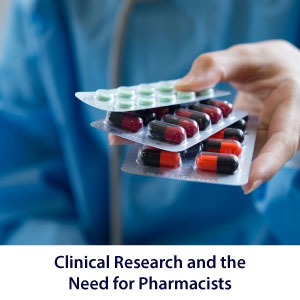Announcement
Get Ready for INDUS CUP 2K26! | Dates: 5–10 January 2026 | Stand a Chance to Win Cash Prizes up to ₹10,00,000!...Read more Get Ready for INDUS CUP 2K26! | Dates: 5–10 January 2026 | Stand a Chance to Win Cash Prizes up to ₹10,00,000!
We are excited to announce the Indus Hackathon 2025, an exhilarating one-day event organized by the CSE Department of Indus University....Read more We are excited to announce the Indus Hackathon 2025, an exhilarating one-day event organized by the CSE Department of Indus University.
26th ISTE Faculty Annual State Convention will be held at Indus University on April 27, 2023....Read more 26th ISTE Faculty Annual State Convention will be held at Indus University on April 27, 2023.
Get Ready for INDUS CUP 2K26! | Dates: 5–10 January 2026 | Stand a Chance to Win Cash Prizes up to ₹10,00,000!...Read more Get Ready for INDUS CUP 2K26! | Dates: 5–10 January 2026 | Stand a Chance to Win Cash Prizes up to ₹10,00,000!
We are excited to announce the Indus Hackathon 2025, an exhilarating one-day event organized by the CSE Department of Indus University....Read more We are excited to announce the Indus Hackathon 2025, an exhilarating one-day event organized by the CSE Department of Indus University.
26th ISTE Faculty Annual State Convention will be held at Indus University on April 27, 2023....Read more 26th ISTE Faculty Annual State Convention will be held at Indus University on April 27, 2023.

A key element of the pharmaceutical industry is clinical research. It entails evaluating the safety and effectiveness of novel medications and treatments on humans. In this process, pharmacists are essential, especially during the clinical trial stage, which is essential for obtaining the approval of new pharmaceuticals for usage.
Experts in the use and management of drugs, pharmacists are trained professionals. Pharmacists graduate are invaluable resources in clinical research because of their in-depth knowledge of drug interactions, doses, and side effects. Pharmacists collaborate closely with the research team to guarantee the efficient and safe administration of drugs.
Additionally, pharmacists are essential in attracting participants for clinical trials. They collaborate with medical professionals to find potential participants and outline the advantages and disadvantages of taking part in a clinical trial. Additionally, pharmacists support patient compliance monitoring and guarantee that trial participants follow protocol.
Pharmacists are essential to clinical research, from patient recruiting and monitoring to drug development and regulatory compliance. Their contributions are crucial to the development of novel drugs and therapies because of their knowledge of medication management and patient care, which makes them significant assets in the pharmaceutical business.


Due to their extensive knowledge of drugs and how they affect the human body, pharmacists are essential to clinical research. From assuring proper prescription consumption to keeping an eye out for negative side effects and drug interactions, pharmacists can help make clinical research trials successful in a variety of ways.
The following justifies the significance of chemist participation in clinical research:
Overall, pharmacists play a crucial role in clinical research by ensuring that pharmaceuticals are administered effectively and safely, that patient safety is given priority, that legal criteria are satisfied, and that the study's findings are converted into better patient care.
Pharmacists play a crucial role in clinical research, where they are involved in numerous facets of drug development and clinical trials. They do, however, also have particular difficulties and chances. Here are a few examples:

Finally, despite the numerous difficulties encountered in clinical research, there are numerous chances for pharmacists to make a positive impact on drug development and patient care. To be effective, pharmacists need to have good regulatory knowledge, solid clinical pharmacology and pharmacotherapy backgrounds, and outstanding communication and teamwork abilities.
You can visit the Indus Institute of Pharmacy and Research if you are interested in the Pharmacy and Clinical Research Course and wish to pursue a career in pharmacy.